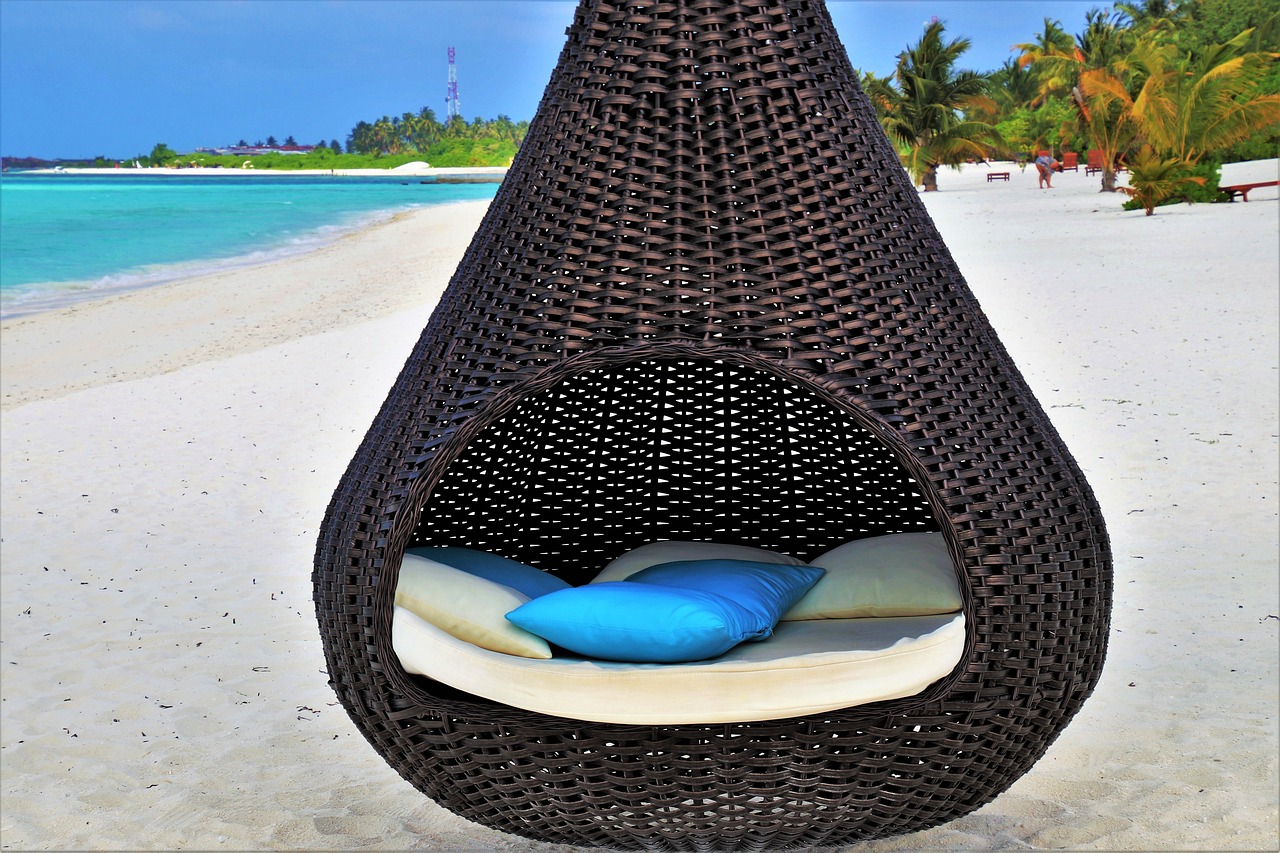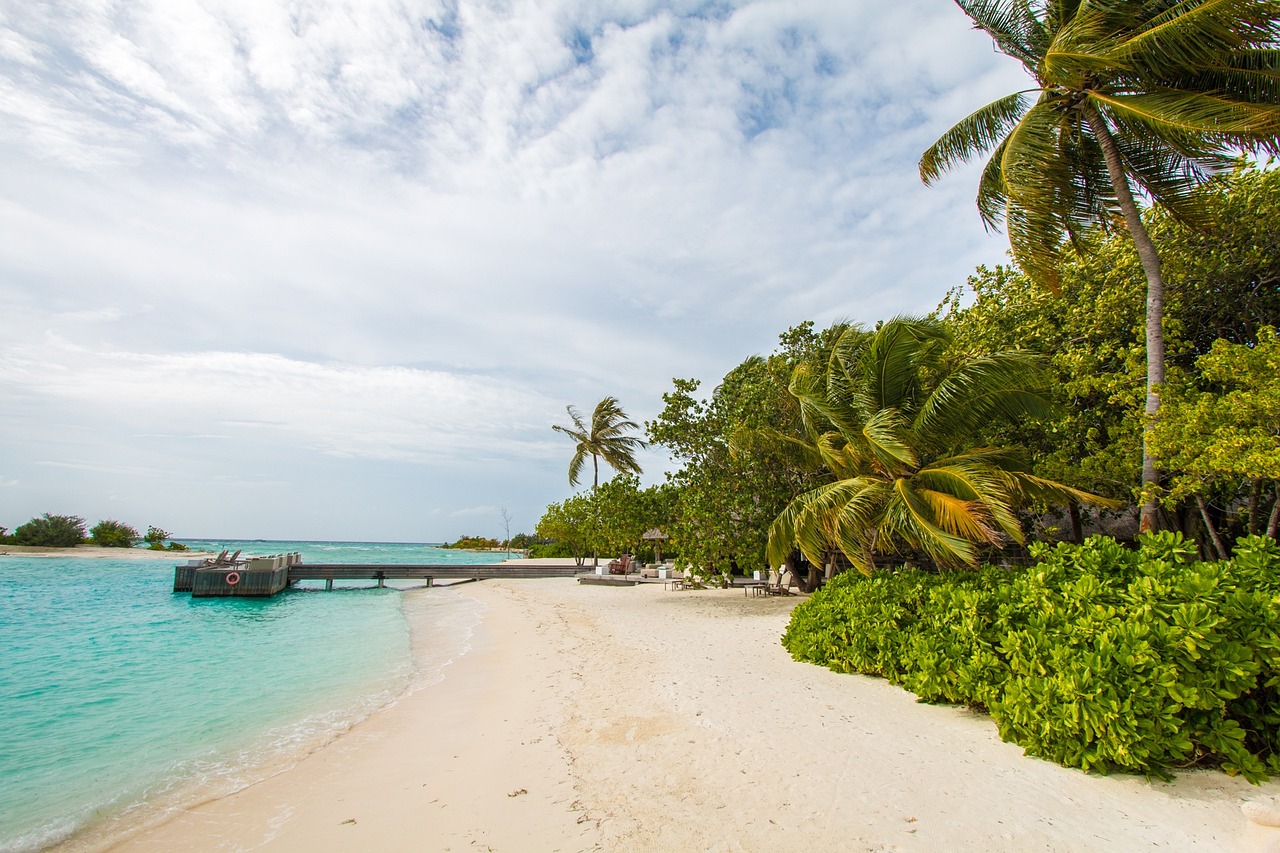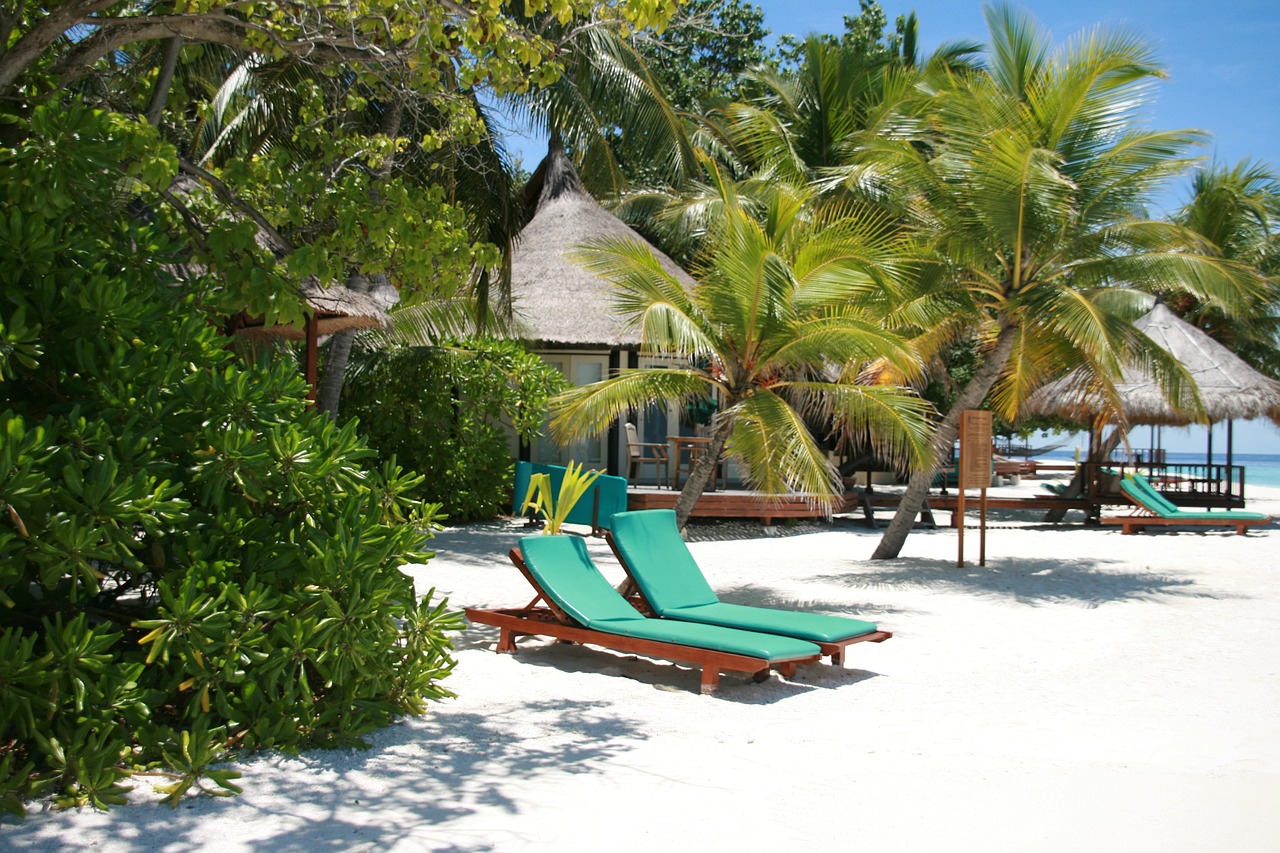Managing Finances and Payments while Working in Maldives
Maldives is a stunning tropical paradise known for its breathtaking beaches, crystal-clear waters, and abundant marine life. It attracts many expatriates who come to work and experience the unique beauty of the Maldives. When working in Maldives, managing finances and payments efficiently is crucial to ensure a smooth and hassle-free experience. This article will provide valuable information on how to manage finances and payments effectively while working in Maldives.
Banking and Currency Exchange
One of the first things to consider when working in Maldives is setting up a local bank account. This will allow you to easily manage your finances and receive your salary. The most common banks in Maldives include Bank of Maldives, Maldives Islamic Bank, and State Bank of India. To open an account, you will need to provide identification documents and proof of employment.
- ATMs: Maldives has a good network of ATMs, allowing you to withdraw cash conveniently. However, it is advisable to carry some cash with you, especially when traveling to remote islands where ATMs may be limited.
- Currency Exchange: The official currency of Maldives is the Maldivian Rufiyaa (MVR). It is recommended to exchange your currency to Rufiyaa upon arrival. Currency exchange services are available at the airport, banks, and some hotels. It is essential to compare exchange rates and fees to get the best value for your money.
- Credit and Debit Cards: Credit and debit cards are widely accepted in major establishments such as hotels, restaurants, and shops in Maldives. However, it is always a good idea to carry some cash for small businesses and local markets that may not accept cards.
Cost of Living in Maldives
Understanding the cost of living in Maldives is essential for managing your finances effectively. While Maldives offers a luxurious lifestyle, it is also known for its high cost of living. Here are some key aspects to consider:
- Accommodation: Rent prices in Maldives can vary greatly depending on the location and type of accommodation. The capital city, Male, generally has higher rental costs compared to other islands. It is advisable to research and compare rental options to find affordable and suitable accommodation.
- Transportation: Public transportation options in Maldives are limited, especially on smaller islands. Taxis and speedboats are commonly used for transportation between islands. It is important to budget for transportation costs, especially if you need to commute frequently.
- Groceries and Dining: As an island nation, Maldives heavily relies on imported goods, which can contribute to higher grocery prices. Dining out at restaurants and cafes can also be expensive, especially in tourist areas. Planning and preparing meals at home can help save money.
- Utilities and Services: Electricity, water, and internet services are essential utilities. It is important to factor in these costs when budgeting your expenses. Additionally, mobile phone plans and internet packages may vary in terms of cost and coverage.
Salary and Taxes
Understanding your salary structure and tax obligations is crucial for managing your finances effectively while working in Maldives. Here are some important points to consider:
- Salary Structure: Your salary may be structured differently depending on your employment contract and position. It is important to clarify the components of your salary, including basic salary, allowances, and benefits.
- Tax Obligations: As of 2021, Maldives does not impose income tax on individuals. However, it is always advisable to stay updated with the latest tax regulations to ensure compliance.
- Social Security: Maldives has a mandatory social security system known as the Maldives Pension Administration Office (MPAO). Both employers and employees contribute to this system, which provides retirement benefits and other social security benefits.
Managing Expenses and Budgeting
Creating a budget and effectively managing your expenses is essential for financial stability while working in Maldives. Here are some tips to help you:
- Create a Budget: Start by listing your monthly income and expenses. Categorize your expenses into fixed costs (rent, utilities, etc.) and variable costs (groceries, transportation, entertainment, etc.). This will give you a clear overview of your financial situation.
- Track Your Expenses: Keep track of all your expenses to identify areas where you can save money. Use mobile apps or spreadsheets to record your spending and review it regularly.
- Set Financial Goals: Determine your short-term and long-term financial goals. Whether it’s saving for a vacation or building an emergency fund, setting goals will help you prioritize your spending and make informed financial decisions.
- Reduce Unnecessary Expenses: Identify areas where you can cut back on expenses. This could include eating out less frequently, finding cheaper alternatives for entertainment, or reducing unnecessary subscriptions.
Insurance and Emergency Funds
Having insurance coverage and an emergency fund is essential for financial security while working in Maldives. Here are some important considerations:
- Health Insurance: It is recommended to have comprehensive health insurance that covers medical expenses, including emergencies and hospitalizations. Check with your employer if they provide health insurance coverage or explore private insurance options.
- Travel Insurance: If you plan to travel frequently or explore other countries in the region, having travel insurance can provide coverage for trip cancellations, lost baggage, and medical emergencies.
- Emergency Fund: Set aside a portion of your income each month to build an emergency fund. This fund will provide financial stability during unexpected situations such as job loss or medical emergencies.
Investment and Savings Options
Exploring investment and savings options can help you grow your wealth while working in Maldives. Here are some common options to consider:
- Savings Accounts: Open a savings account with a reputable bank in Maldives. Compare interest rates and fees to find the most suitable option for your savings.
- Fixed Deposits: Fixed deposits offer higher interest rates compared to regular savings accounts. Consider locking a portion of your savings in a fixed deposit to earn higher returns.
- Investment Funds: If you are interested in investing, explore investment funds that align with your risk tolerance and financial goals. Consult with a financial advisor to understand the potential risks and returns.
Retirement Planning
Planning for retirement is crucial to ensure financial security in the long term. Here are some tips to help you plan for retirement while working in Maldives:
- Start Early: The earlier you start saving for retirement, the better. Take advantage of compound interest and long-term investment opportunities.
- Consider Retirement Accounts: Explore retirement account options such as Individual Retirement Accounts (IRAs) or pension plans offered by your employer. Understand the contribution limits and tax benefits associated with these accounts.
- Review and Adjust: Regularly review your retirement plan and make adjustments based on your changing financial situation and goals. Consult with a financial advisor for personalized guidance.
Maldives Image 1:

Managing Finances and Payments while Working in Maldives
Conclusion
Managing finances and payments effectively while working in Maldives is essential for a smooth and enjoyable experience. By understanding the local banking system, cost of living, salary structure, and implementing smart financial practices such as budgeting, insurance coverage, and savings, you can ensure financial stability and make the most of your time in this beautiful tropical paradise.
References
- bankofmaldives.com
- maldivesislamicbank.com
- sbimaldives.com
- lonelyplanet.com
- worldnomads.com
- investopedia.com
Maldives Image 2:

Maldives Image 3:



